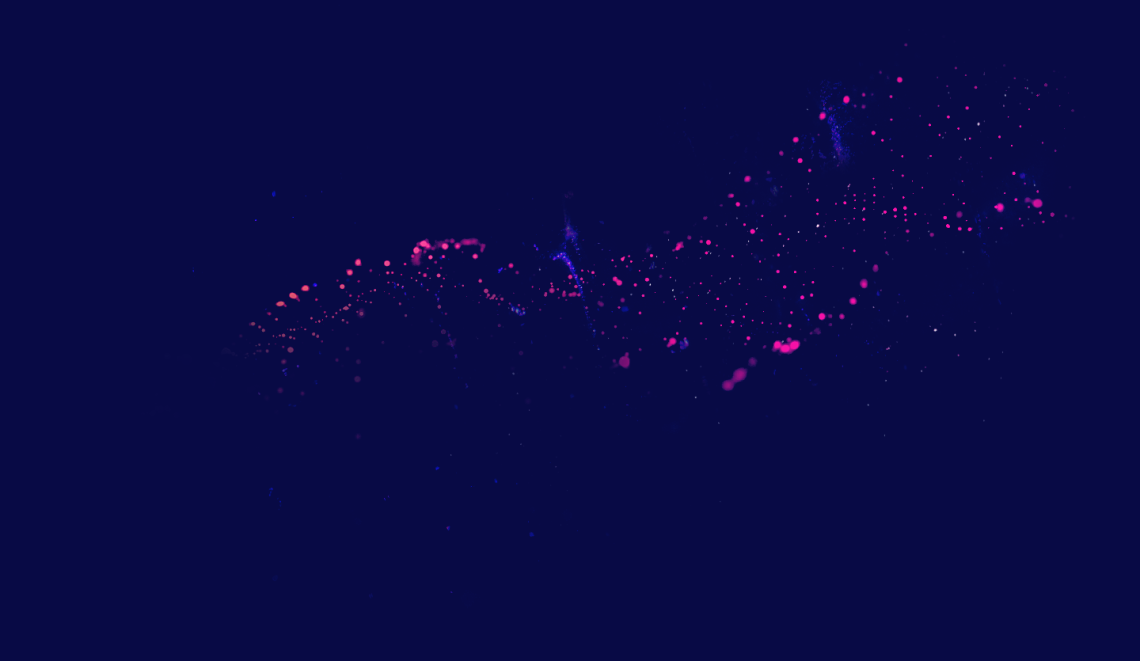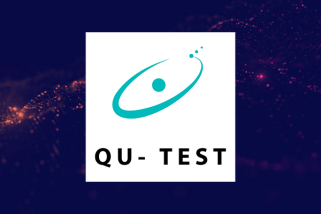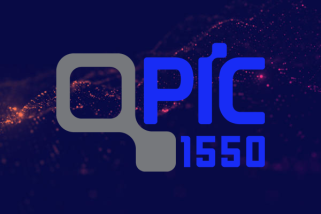
Postdoctoral fellow in Mesoscopic Light-Matter Entanglement in Hybrid Solid-State Networks
Lund University & Aalto University
Apply for this jobSubject area: Entanglement and non-classical correlations in hybrid networks of microwave cavities and quantum dots Specific subject description: Microwave cavities coupled to quantum dots are highly controllable quantum systems that combine bosonic and fermionic degrees of freedom and which may form the basis of a wide range of quantum technological applications. Of particular interest are the non-classical states of light that can be generated through interactions with the electronic transport in quantum dots that are driven out of equilibrium by applied voltages. In this theoretical project, you will investigate hybrid networks of coupled microcavities and quantum dots, which may serve as quantum simulators of complex systems such as molecules. However, unlike real molecules, there is direct access to the individual nodes and connectors for exciting the quantum network by running currents through the quantum dots or by driving the cavities with external light fields. You will investigate the state of the quantum network by evaluating the current and the noise in the quantum dots and the statistics of photons that are emitted from the cavities. You will thus develop a detailed understanding of how many-body entanglement and non-classical correlations propagate throughout complex quantum networks and thereby pave the way for future solid-state experiments on such systems. Work duties: As a postdoctoral fellow, you will carry out theoretical research on entanglement and non-classical correlations in hybrid quantum networks using the theory of open quantum systems. The work will be carried out using advanced analytical and numerical methods for describing quantum dots coupled to microwave cavities and the random fluctuations of electrical currents and photon numbers. You will devise measurable observables that can witness the entanglement of remote microwave cavities and visualize their states using Wigner functions. The research will be carried out in collaboration between the Mesoscopic Physics group at Lund University, led by Prof. Peter Samuelsson, and the Quantum Transport group at Aalto University, headed by Assoc. Prof. Christian Flindt. Due to a generous donation by the Swedish Wallenberg Foundation to the Wallenberg Centre for Quantum Technology (WACQT), funding has been secured to cover a total of 8 months of visits to Aalto University in Helsinki, and you will play an important role in facilitating the collaboration between the two research groups. As a central part of your work, you will communicate your research to the scientific community by publishing your results in peer-reviewed journals and by presenting them at international workshops and conferences and by participating in WACQT workshops and meetings. You will also apply for research funding together with the host groups.
How to apply
Applications shall be written in English and be compiled into a PDF-file containing: - cover letter - résumé/CV, including a list of publications - a general description of past research and future research interests (no more than three pages) - contact information of at least two references, - copy of the doctoral degree certificate, and other certificates/grades that you wish to be considered. Applications are submitted here: https://lu.varbi.com/en/what:job/jobID:485102/

Want to share your own job opportunity?



